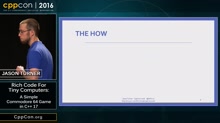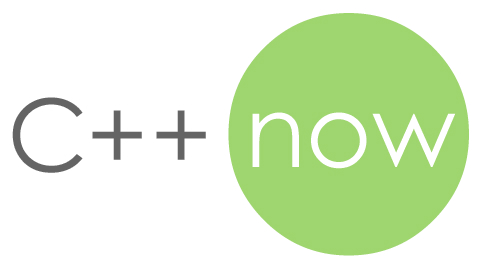CppCon 2016: Channels - An alternative to callbacks and futures--John Bandela
Have you registered for CppCon 2017 in September? Don’t delay – Registration is open now.
While we wait for this year’s event, we’re featuring videos of some of the 100+ talks from CppCon 2016 for you to enjoy. Here is today’s feature:
Channels - An alternative to callbacks and futures
by John Bandela
Summary of the talk:
Currently in the C++ Networking TS and Concurrency TS, callbacks and futures are the means for communicating an asynchronous value. However, there are disadvantages with both. Callbacks are low overhead, but hard to compose. Futures are easy to compose, but have increased overhead. In this talk we will consider channels as a third alternatives that can have lower overhead than futures while still being easy to compose

 Have you registered for CppCon 2017 in September?
Have you registered for CppCon 2017 in September? 